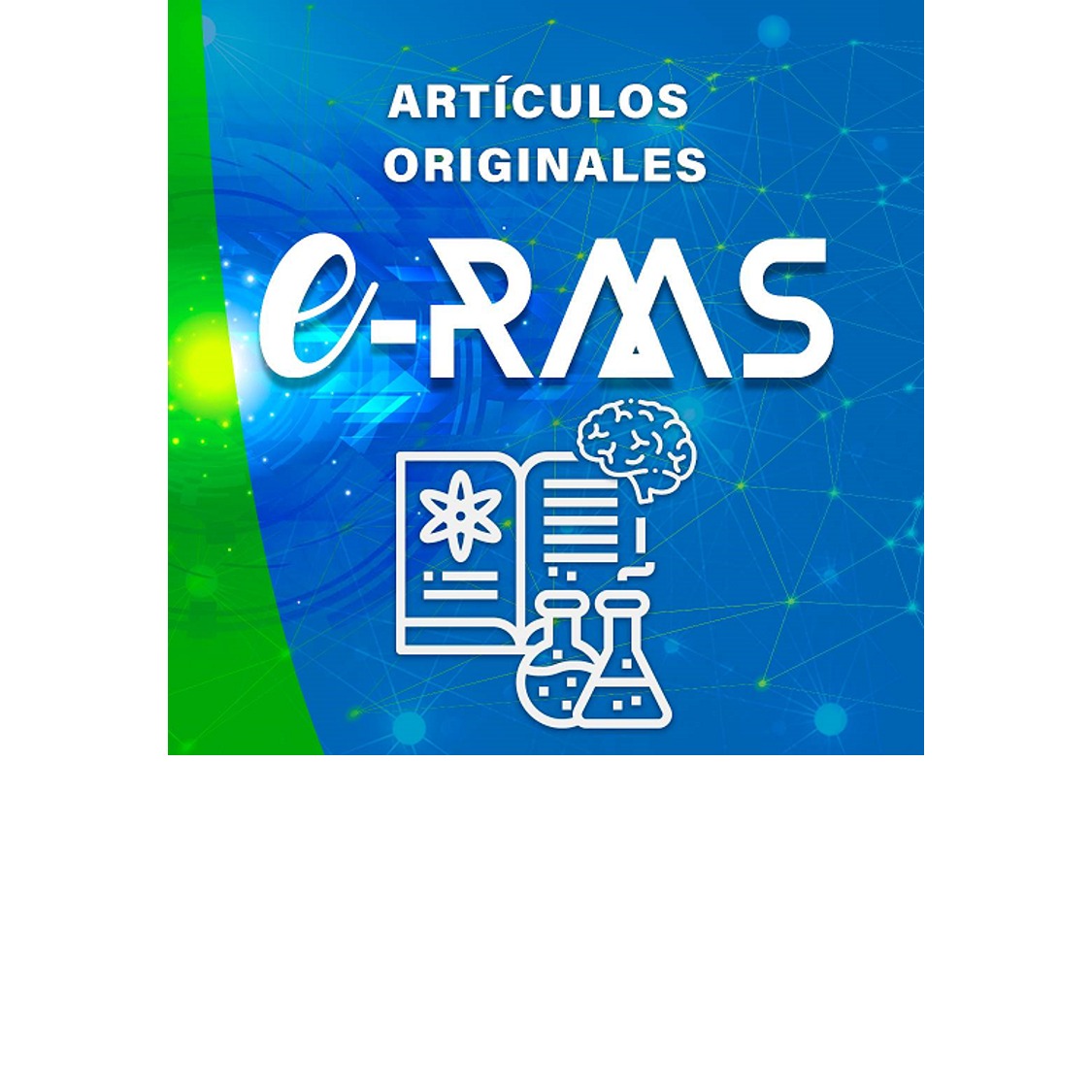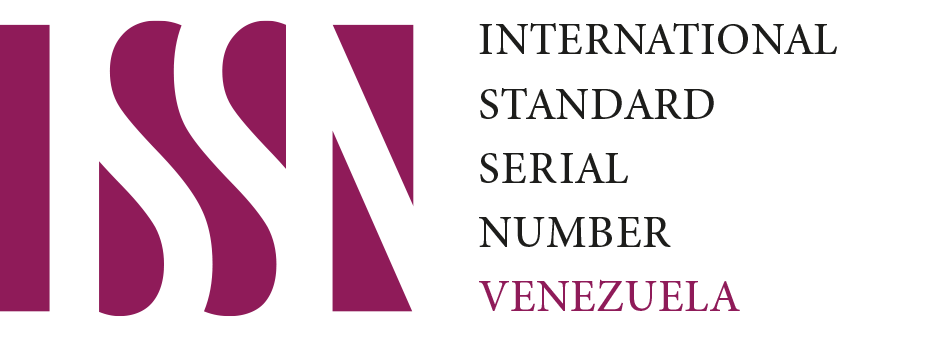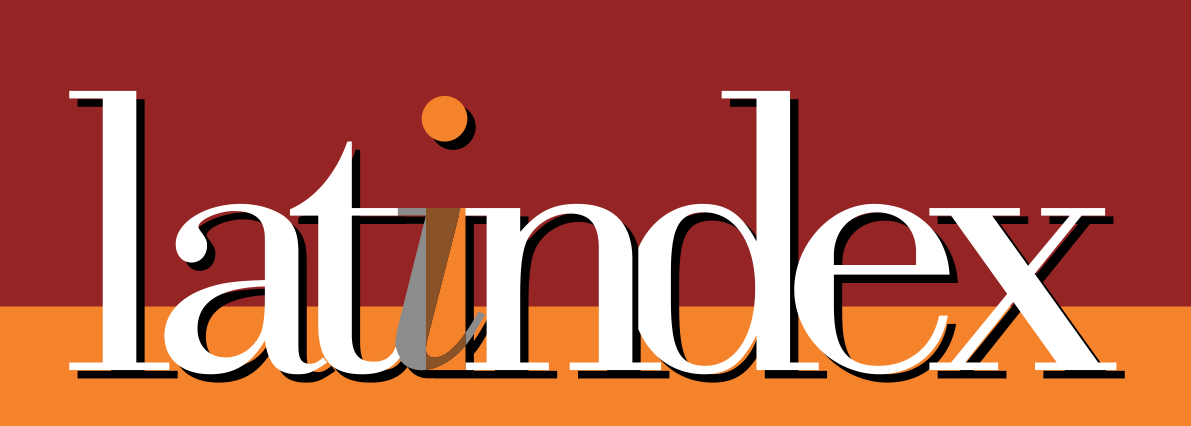Análisis de la relación de Burnout y Engagement en estudiantes de nivel superior del Instituto Tecnológico Superior Zacatecas Sur
DOI:
https://doi.org/10.61286/e-rms.v3i.269Keywords:
engagement, students, university, MéxicoAbstract
Burnout, or emotional exhaustion or fatigue at school, is one of the main problems in higher education institutions worldwide and is linked to poor performance, absenteeism, and even dropping out. Conversely, academic engagement has proven to be a fundamental construct for boosting the learning, interest, performance, and emotional well-being of university students. Therefore, the objective of this article is to identify the relationship between burnout and engagement in university students at the Instituto Tecnológico Superior Zacatecas Sur, in Mexico. Two hundred and eleven questionnaires were administered to students from five engineering programs and one bachelor's degree. The results confirm the existence of a highly positive relationship between burnout and engagement. It is found that as the persistent motivational state students experience in relation to their academic activity increases, their exhaustion and emotional exhaustion consequently increase. This is more evident in the public accounting and industrial engineering programs, in the eighth and second semesters, more in men than in women, in students who are not working, and in students receiving scholarships. This underscores the importance of careful management of engagement by the authorities of each educational institution including managers, administrators, and teachers to avoid the risk of student burnout.
Downloads
References
Bakker, A. B. (2022). The social psychology of work engagement: State of the field. Career Development International, 27(1), 36–53. https://doi.org/10.1108/CDI-08-2021-0213
Bakker, A. B., Demerouti, E., & Sanz-Vergel, A. I. (2023). Job demands–resources theory: Ten years later. Annual Review of Organizational Psychology and Organizational Behavior, 10(1), 25–53. https://doi.org/10.1146/annurev-orgpsych-120920-053933
Bakker, A. B., Schaufeli, W. B., Leiter, M. P., & Taris, T. W. (2008). Work engagement: An emerging concept in occupational health psychology. Work & Stress, 22(3), 187–200. https://doi.org/10.1080/02678370802393649
Barroso, C., Cepeda, G., & Roldán, J. (2007). Constructos latentes y agregados en la economía de la empresa. En Asociación Española de Dirección y Economía de la Empresa (Ed.), Decisiones basadas en el conocimiento y en el papel social de la empresa: XX Congreso Nacional y XVI Congreso Hispano Francés de la AEDEM (pp. 979-993). Asociación Española de Dirección y Economía de la Empresa. https://hdl.handle.net/11441/7635
Bresó, E., Schaufeli, W. B., & Salanova, M. (2011). Can a self-efficacy-based intervention decrease burnout, increase engagement, and enhance performance? A quasi-experimental study. Higher Education, 61(4), 339–355. https://doi.org/10.1007/s10734-010-9334-6
Caballero, C., Hederich, C., & Palacio, J. (2012). El burnout académico. Delimitación del síndrome y factores asociados con su aparición. Revista Latinoamericana de Psicología, 42(1), 131–146. https://www.redalyc.org/pdf/805/80515880012.pdf
De Arco-Paternina, L. K., & Castillo-Hernández, J. A. (2020). Síndrome de burnout en época de pandemia: Caso colombiano. Interconectando Saberes, 5(10), 115–123. https://doi.org/10.25009/is.v0i10.2675
Demerouti, E., Bakker, A. B., Peeters, M. C., & Breevaart, K. (2021). New directions in burnout research. European Journal of Work and Organizational Psychology, 30(5), 686–691. https://doi.org/10.1080/1359432X.2021.1979962
Díaz, A. (2012). Estadística aplicada a la administración y economía (1.a ed.). Mc GrawHill. https://www.academia.edu/40987514/Estad%C3%ADstica_Aplicada_a_la_Administraci%C3%B3n_y_la_Econom%C3%ADa_Alfredo_D_Mata_mibibliotecavirtual
Freudenberger, H. J. (1974). Staff burn-out. Journal of Social Issues, 30(1), 159–165. https://doi.org/10.1111/j.1540-4560.1974.tb00706.x
Garden, A. M. (1987). Depersonalization: A valid dimension of burnout? Human Relations, 40(9), 545–560. https://doi.org/10.1177/001872678704000901
González-Romá, V., Schaufeli, W. B., Bakker, A., & Lloret, S. (2006). Burnout and work engagement: Independent factors or opposite poles? Journal of Vocational Behavior, 68(1), 165–174. https://doi.org/10.1016/j.jvb.2005.01.003
Hakanen, J. J., Rouvinen, P., & Ylhäinen, I. (2021). The impact of work engagement on future occupational rankings, wages, unemployment, and disability pensions—A register-based study of a representative sample of Finnish employees. Sustainability, 13(4), Artículo 1626. https://doi.org/10.3390/su13041626
Hederich-Martínez, C., & Caballero-Domínguez, C. (2016). Validación del cuestionario Maslach Burnout Inventory-Student Survey (MBI-SS) en contexto académico colombiano. Revista CES Psicología, 9(1), xx–xx.
Hernández-Sampieri, R., & Mendoza, C. (2018). Metodología de la investigación: Las rutas cuantitativa, cualitativa y mixta. Editorial Mc Graw Hill Education. https://doi.org/10.22201/fesc.20072236e.2019.10.18.6
Horstmanshof, L., & Zimitat, C. (2007). Future time orientation predicts academic engagement among first-year university students. British Journal of Educational Psychology, 77(3), 703–718. https://doi.org/10.1348/000709906X160778
Instituto Tecnológico Superior Zacatecas Sur [ITSZS]. (2025). Misión y visión del Instituto Tecnológico Superior Zacatecas Sur. https://www.itszas.edu.mx/
Junker, N., Kaluza, A. J., Häusser, J. A., Mojzisch, A., Van Dick, R., Knoll, M., & Demerouti, E. (2021). Is work engagement exhausting? The longitudinal relationship between work engagement and exhaustion using latent growth modeling. Applied Psychology: An International Review, 70(2), 788–815. https://doi.org/10.1111/aps.12252
Klinkenberg, E. K. W., Versteeg, M. K., & Kappe, R. R. (2024). Engagement and emotional exhaustion among higher education students; a mixed methods study of four student profiles. Studies in Higher Education, 49(11), 1837–1851. https://doi.org/10.1080/03075079.2023.228153
Lesener, T., Pleiss, L. S., Guys, B., & Wolter, C. (2020). The study demands-resources framework: An empirical introduction. International Journal of Environmental Research and Public Health, 17(14), Artículo 5183. https://doi.org/10.3390/ijerph17145183
Madigan, D. J., & Curran, T. (2021). Does burnout affect academic Q? A meta-analysis of over 100,000 students. Educational Psychology Review, 33(2), 387–405. https://doi.org/10.1007/s10648-020-09533-1
Martínez, I., & Salanova, M. (2003). Niveles de burnout y engagement en estudiantes universitarios: Relación con el desempeño y desarrollo profesional. Revista de Educación, 330, 361–384. https://www.educacionfpydeportes.gob.es/dam/jcr:185fe08c-621e-4376-b0e7-22d89b85e786/re3301911213-pdf.pdf
Maslach, C., Schaufeli, W. B., & Leiter, M. P. (2001). Job burnout. Annual Review of Psychology, 52(1), 397–422. https://doi.org/10.1146/annurev.psych.52.1.397
Mazzetti, G., Robledo, E., Vignoli, M., Topa, G., Guglielmi, D., & Schaufeli, W. B. (2021). Work engagement: A meta-analysis using the job demands-resources model. Psychological Reports, 126(3), 1069–1107. https://doi.org/10.1177/00332941211051988
Nerstad, C. G., Wong, S. S., & Richardsen, A. M. (2019). Can engagement go awry and lead to burnout? The moderating role of the perceived motivational climate. International Journal of Environmental Research and Public Health, 16(11), Artículo 1979. https://doi.org/10.3390/ijerph16111979
Organización de las Naciones Unidas [ONU]. (2015). Objetivos de desarrollo sostenible. https://www.un.org/sustainabledevelopment/es/objetivos-de-desarrollo-sostenible/
Rüschoff, B., & Kowalewski, T. (2024). Latent profiles of burnout and engagement in working students across work and educational contexts. Journal of Education and Work. Publicación anticipada en línea. https://doi.org/10.1080/13639080.2024.2437699
Salanova, M., Bresó, E., & Schaufeli, W. B. (2005). Hacia un modelo espiral de las creencias de eficacia en el estudio del burnout y del engagement. Ansiedad y Estrés, 11(2-3), 215–231. https://www.wilmarschaufeli.nl/publications/Schaufeli/243.pdf
Salmela-Aro, K., & Read, S. (2017). Study engagement and burnout profiles among finish higher education students. Burnout Research, 7, 21–28. https://doi.org/10.1016/j.burn.2017.11.001
Salmela-Aro, K., Upadyaya, K., Ronkainen, R., & Hietajärvi, L. (2022). Study burnout and engagement during COVID-19 among university students: The role of demands, resources, and psychological needs. Journal of Happiness Studies, 23(6), 2685–2702. https://doi.org/10.1007/s10902-022-00518-1
Santos, C., Arriaga, P., João, R. M., Carmel, C., Márcia, H. S., Melo, A. I., & Jin-Jy, S. (2023). Social and emotional competencies as predictors of student engagement in youth: A cross-cultural multilevel study. Studies in Higher Education, 48(1), 1–19. https://doi.org/10.1080/03075079.2022.2099370
Schaufeli, W. B., & Bakker, A. B. (2004). Utrecht work engagement scale: Preliminary manual (Version 1.1). Occupational Health Psychology Unit, Utrecht University. https://www.wilmarschaufeli.nl/publications/Schaufeli/Test%20Manuals/Test_manual_UWES_English.pdf
Schaufeli, W. B., Leiter, M. P., Maslach, C., & Jackson, S. E. (1996). Maslach Burnout Inventory-General Survey. En C. Maslach, S. E. Jackson, & M. P. Leiter (Eds.), The Maslach Burnout Inventory: Test Manual. Consulting Psychologists Press.
Schaufeli, W. B., Martínez, I. M., Pinto, A. M., Salanova, M., & Bakker, A. B. (2002). Burnout and engagement in university students: A cross-national study. Journal of Cross-Cultural Psychology, 33(5), 464–481. https://doi.org/10.1177/0022022102033005003
Schaufeli, W. B., Salanova, M., González-Romá, V., & Bakker, A. B. (2002). The measurement of engagement and burnout: A two sample confirmatory factor analytic approach. Journal of Happiness Studies, 3(1), 71–92. https://doi.org/10.1023/a:1015630930326

Published
How to Cite
Issue
Section
License
Copyright (c) 2025 José Iván Padilla Lugo, Mireya Bautista Casas, José-Roberto González-Hernández , Marco-Antonio Esparza Medina

This work is licensed under a Creative Commons Attribution-NonCommercial-NoDerivatives 4.0 International License.
Las publicaciones en acceso abierto de e-RMS están protegidas por derechos reservados y se rigen por la Licencia Pública Creative Commons Attribution-NonCommercial-NoDerivatives 4.0 International (CC BY-NC-ND 4.0). Se permite el uso no comercial de este material, con atribuciones al autor. No se permiten derivados de esta versión.













